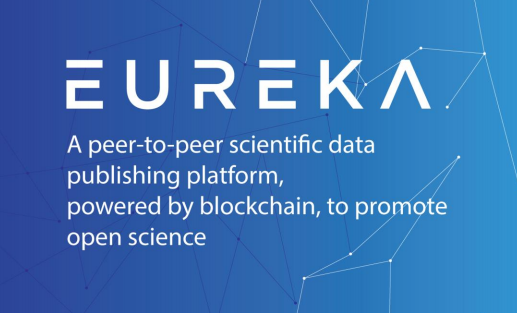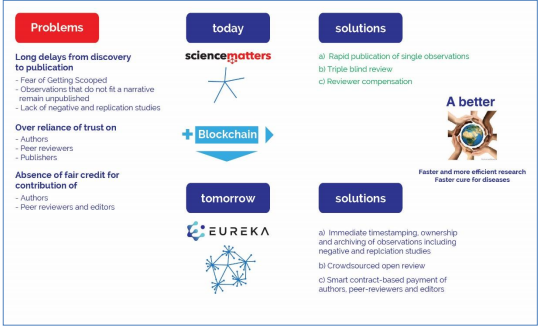

When investigators make a discovery or monitoring of medical or scientific value, it may take many years before it's published. Delays affect the speed of study and also slow down the spread of ideas. Valuable private and public funds, and time are wasted. The book rate varies amongst journals, but most renowned seven journals typically have meager reserve approval rates (generally less than 10 percent ).
In the present system, authors wishing to publish are not able to be completely objective with their study and might overestimate the validity of the data to be able to create a story that's deemed appropriate or publication enough for publication. Since the majority of the data which is accessed by investigators and writers is in a centralized system like on their local server or computer, data can be manipulated or altered to market the best narrative. Authors are also reliable to remain objective in the face of hypothesis-defying outcomes and to interpret the information carefully and objectively. But some scientists to take advantage of the current situation to control data to varying levels and thus corrupt the system. Scientists feel that the pressure to omit'inconvenient truths' that hinder their growing storyline as the system needs narratives, instead of science to publish. This also results in irreproducibility.
Typically, both writers and reviewers now get almost no direct compensation for the scholarly work they perform in reviewing and publishing. The high cost to publish peer-reviewed research implies researchers have a barrier to print and share knowledge with the scientific community. To post in the most significant traditional journals, writers frequently have to pay APCs (article processing fees ) of over $5000. Regardless of how valuable time is necessary to conduct peer evaluations, reviewers often don't allocate enough hours to evaluate the quality of the research correctly.

Eureka Solution
The EUREKA Platform will ensure rapid publication of quality research. Authors and academic institutions will be able to publish research metadata immediately in the open access EUREKA Platform. The research metadata is timestamped and added to the blockchain. The reviewing is performed later and submitted to the smart contract. The cost to publish a single observation on the open access EUREKA Platform will remain competitively priced and lower than other open access journals. By using a blockchain-based system, the EUREKA Platform will be highly efficient, rapid, and scalable, thus reducing overhead. The potential market for the EUREKA Platform is substantial and global. The platform will cover multiple fields including life science, medicine, engineering, and social sciences, thus further increasing the potential market for the platform.


EUREKA Blockchain Solution GmbH’s first client, Sciencematters AG, currently institutes a triple-blind peer review system that aims to eliminate personal, professional, and social bias, in which the identity of authors, of editors and reviewers, are unknown to all. As a result, they evaluate each observation solely on its merits, without regard to the authors’ reputations, identities, institutions, gender, race, or nationality. Sciencematters AG also improves the peer review process by scoring observations on a 0-10 scale rather than the non-quantitative and somewhat meaningless ‘thumbs-up, thumbs-down’ approach of other journals. The EUREKA Platform will provide researchers with additional benefits such as enhanced preprint service, which will include decentralized, crowdsourced open peer reviews as well as expert opinion and feedback paid in EUREKA tokens and timestamped on the EUREKA Platform. Preprints will be citable and will ensure that researchers who make discoveries get the credit they deserve. In this way, we necessitate the placing of trust in a decentralized manner on authors, reviewers or publishers.
Currently, only a few publishing houses such as Sciencematters AG pay editors and reviewers part of the article processing charges. Interestingly, while there are tens of thousands of journals, only four of these pay reviewers, and Sciencematters AG is one of them. The EUREKA Platform will bring, compared to current structures, much-required speed, reproducibility, democracy and honesty to science publishing; accelerating the pace of research, and thereby improving the entire scientific enterprise. Through smart contracts, the editors and reviewers who carry out the quality control of each study can now be autonomously and automatically paid.
For more details and to keep up to date, please visit EUREKA web page and social media pages listed below.
 Visit the EUREKA website
Visit the EUREKA website
 Read White Paper
Read White Paper
 Join Telegram Community
Join Telegram Community
 Read ANN Thread
Read ANN Thread
Follow Social Media
 FACEBOOK
FACEBOOK
 TWITTER
TWITTER
 GITHUB
GITHUB

Author : thefuturecurrency